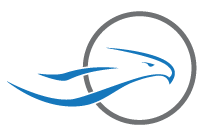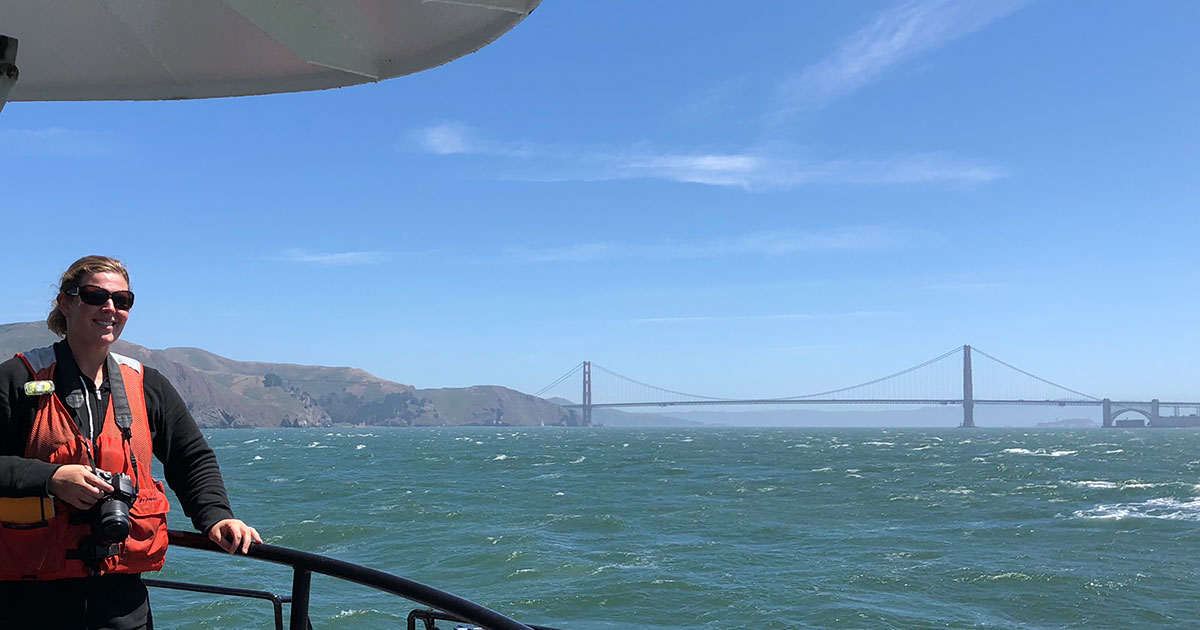As job titles go, Protected Species Observer (PSO) carries a certain emotional gravitas. For those wishing to embark on a career in marine biology, it might seem like the ultimate calling: a pledge to watch over the planet’s endangered sea mammals.
The day-to-day work is somewhat less romantic and seldom fully understood. A PSO’s role can be as physically arduous as it is psychologically demanding. Although a PSO’s work environment is often represented by a boundless expanse of blue horizons, their workspace—24/7 for weeks at a time—is aboard a confined survey vessel with limited connection to the outside world. Working at sea might seem vocationally liberating, but the mental strain should never be overlooked.
UNDERSTANDING THE MISSION
However, for those accepting of such rigors and strains, the role of a PSO is enormously fulfilling. In short, a PSO’s function is to provide a monitoring and mitigating service for marine protected species in support of seismic operations, offshore wind and marine construction projects. Central to each mission is the observer’s understanding of the mitigation requirements associated with the specific project they are assigned. Most permits are similar in scope and the differences are in the details—geographical location of the project, type and number of animal species, the specific industry related to the project, and the laws/regulations of the affected state or country.
Being well versed in the permit requirements is key to making the right judgment call when sighting a species of interest. The PSO must walk a fine line between the requirements of the federal/agency permit and the desires of the client to complete a project on time with minimal additional expense. The PSO must always act professionally and be prepared to validate the mitigation requirements stated in the permit to the client. PSOs are onboard to inform and guide a client, not to enforce regulations.
A PASSION FOR DATA
After a long and, at times, tedious day of observation and taking field notes, the PSO is required to log data and compile a daily report. This data is often cross-checked and correlated with other onboard activity and information obtained from the vessel’s navigational system and operation’s logs. Empirical data includes specifications of the equipment used during the project, GPS locations of the vessel, and weather-related information. Details of the sightings include the species, description, behavior of the animal, and the detection method used to spot the animals. There are a number of different reports that may or may not need to be generated to concisely document the what, where, how, when, and why of any one particular observed incident.
IMPARTIAL OBSERVATION
The PSO is not an enforcer of regulations but an impartial observer charged with documenting field data and monitoring the area surrounding the client’s operations. This objectivity is key to understanding the role. Those who are able to quickly establish this distinction are able to broaden their experience, gain industry certification, and appeal to recruiters. A thorough recruitment process is imperative when it comes to selecting PSOs as each project carries specific objectives. In other words, a PSO’s remit is defined by the project’s requirements, not the PSO’s capabilities or experience. While professionals are often accepting of task-based assignments, when your deployment is weeks long and in relative isolation, this understanding is crucial.
ON-JOB VARIETY
While the objectives and mammals observed may vary, so, inevitably, does the location, which may be in domestic or international waters. Observation sites may be closer to shore—harbors and beaches—or further offshore. The work tends to be seasonal and often includes the monitoring of potential effects from oil and gas development, including visual and passive acoustic (PAM) monitoring surveys during geophysical (seismic) surveys, marine construction operations, dredging, beach renourishment activities.
PROFESSIONAL DEVELOPMENT
Ongoing training, as with any profession, is important. At MVI, we run a PSO course for those looking to bolster their credentials. The PSO course is compliant with the BOEM NTL 2016-G02 according to the Bureau of Ocean Energy Management (BOEM)/Bureau of Safety and Environmental Enforcement (BSEE). The course emphasizes the specific BOEM guidelines explaining the requirements for seismic operations and marine protected faunal species mitigation in the Gulf of Mexico. In addition, the guidelines are necessary as a base knowledge for working geological and geophysical surveys on offshore windfarm projects in the northeast and mid-Atlantic regions of the United States.
In addition, the PSO course has also been reviewed and approved by the National Marine Fisheries Service. The Florida Fish and Wildlife Conservation Commission manatee training is offered as part of the PSO course and is necessary for marine construction projects in the state of Florida. Stay tuned for our next PSO and MSEIS PAM courses or contact us to learn more.
EMPLOYMENT OPPORTUNITY
MVI are currently interested in contracting qualified, experienced marine mammal and turtle observers for potential aerial and shipboard surveys, in partnership with our sister company, CSA Ocean Sciences. Interested parties can apply today.


